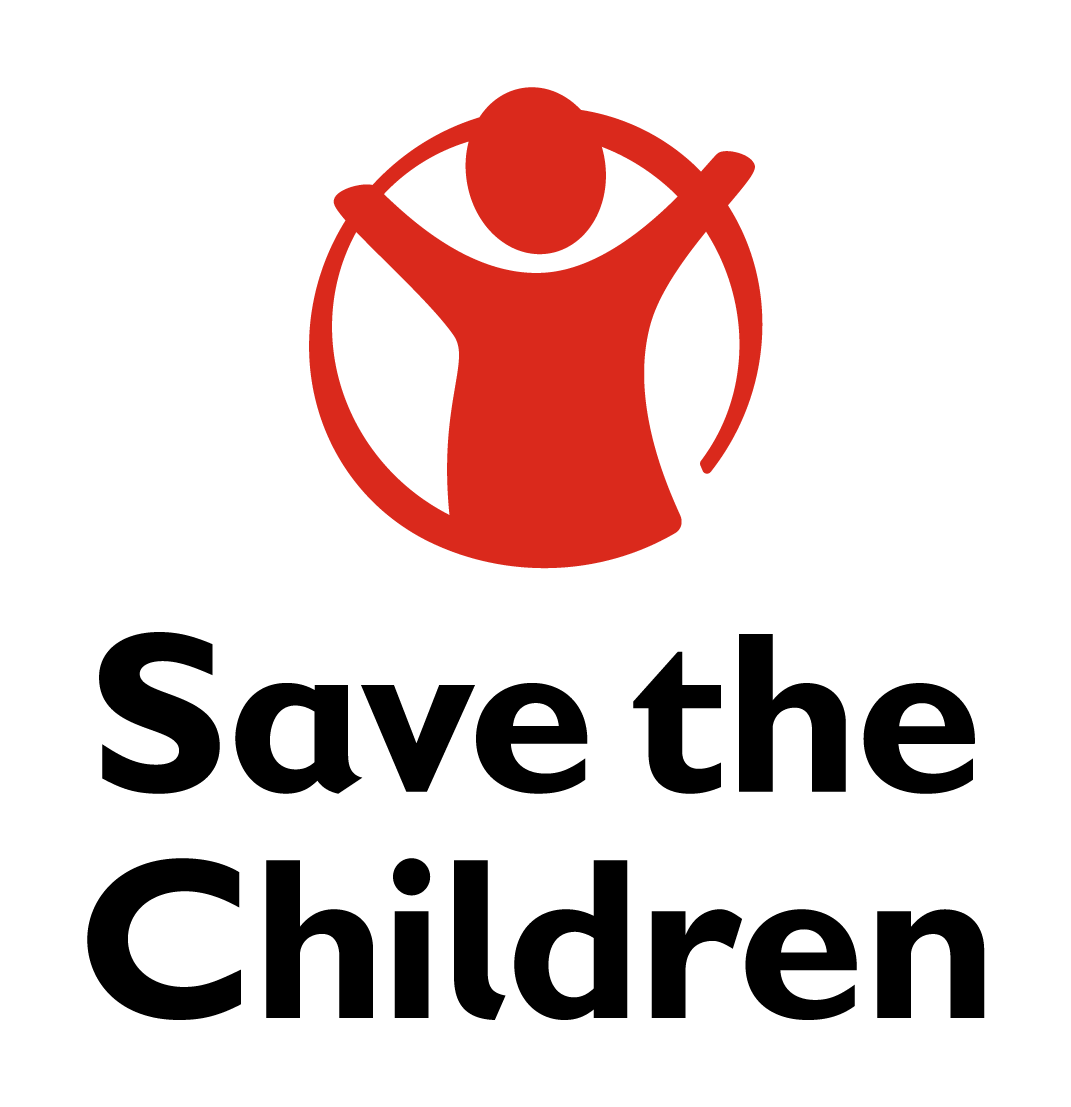For 100 years, Save the Children has been championing the rights and interests of children worldwide, putting the most vulnerable children first. Through our programmes and advocacy, we work with partners to ensure that vulnerable children, adolescents and women survive and thrive. As part of our commitments to Every Women Every Child we are:
- Delivering reproductive, maternal and newborn health work in development and humanitarian contexts. We work in partnership to improve quality of care and build the capacity of healthcare providers, including supporting health worker training, mentoring and supervision with Ministries of Health.
- Working to improve care of small and sick newborns, including the scale up of Kangaroo Mother Care, prevention and treatment of newborn infection and the continued rollout of the Newborn Health in Humanitarian Settings field guide. We are actively engaged in the Every Newborn movement, leading discussions around community engagement and parent voices and supporting country implementation of new standards and guidelines for small and sick newborns. We have mobilised partners around the world to document and disseminate the newborn health legacy, which will culminate with a series of online events from 29 September to 15 October 2020.
- Delivering nutrition work to ensure adequate food and nutrient intake in pregnant and lactating women and young children; infant and child feeding and care practices; and protection against infectious diseases. We are fostering collaboration across sectors and rolling out guidance on Infant and Young Child feeding. We are elevating civil society engagement during global nutrition fora and are advocating for new and renewed commitments as part of the upcoming Nutrition for Growth.
- Supporting iCCM, including developing strategies and curricula to support Ministry of Health-led plans for iCCM supply chains, training, mentoring and supervising CHWs, and counselling families.
- Delivering humanitarian health programmes through direct clinical services in large-scale crises, setting up a deployable inpatient unit, delivering mental health and psychosocial services, as well as managing disease outbreaks through vaccination campaigns and initiating health and disease control measures.
- Promoting national policy and budget change through advocacy, coalition work, convening stakeholders, technical support and working with government. This has supported Bangladesh’s National CHW Strategy; Mali’s commitment to remove user fees and increase the health budget; increased health budget in Bungoma, Kenya; Health Policy and increased budget in Karnali, Nepal; and nutrition investment commitments in Kaduna, Nigeria.
- Advocating for progress on UHC, including calling for increased investment and support for strong, resilient and equitable health and nutrition systems and the removal of access barriers. We elevate children’s and community voices, including in holding governments and service providers accountable.
- Working to end child marriage through campaigning and support to governments. This has contributed to Mozambique passing child marriage legislation; Ethiopia launching a national roadmap to end child marriage; and Senegal including a child marriage indicator in their National Development Plan.
- Responding to COVID-19, by adapting existing and new programmes to ensure that essential reproductive, maternal and newborn health care is accessible throughout the pandemic, ensuring adherence to WHO guidance. Adaptations have included improved infection prevention and control measures, adapted health messages on care seeking behaviours and the integration reproductive, maternal and newborn health services into some of our COVID-19 responses. We are working with Ministries of Health and sub-national health clusters in humanitarian responses to adapt and disseminate guidance for clinical staff and health managers. We are advocating for the continued delivery of essential quality care (free at the point of use) during the crisis and for increased investment and action to deliver strong and resilient health systems, towards UHC, to ensure we build back better from the pandemic.







